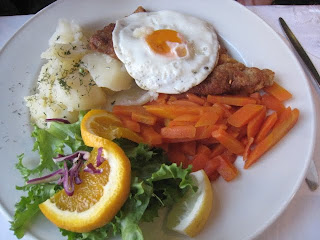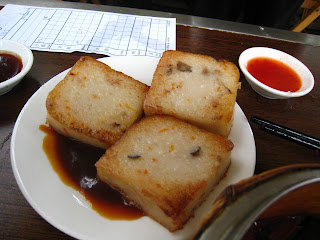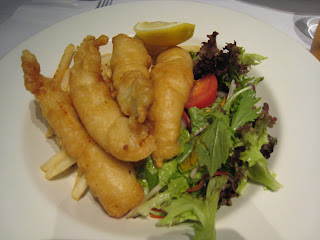Japan City's MakeoverFranchise concept store Japan City has done a makeover in its recent comeback combining food with its traditional gift line of business.
The chain stores in prominent shopping centres started as a small gift shop showcasing exquite Japanese crockery, homeware, furniture, lights, small furniture, table or wall ornaments, fragrances, incense, green tea in floral printed canisters and many other beautiful boxed giftware. The novelty wore out as the stores closed down one after another like dominoes around five years ago.
The variety of products inspired by Japanese culture is unique in the sense that no other shop (except direct importers) has a wide variety of exotic stuff. However, the prices are steep unless they are discounted during rare occasions of sale. However, most of the gifts are not price competitive. Due to the costs of transport, warehousing and retail rentals factoring into the price, consumers have to pay a premium for the same thing that can be purchased in general stores and discount outlets in Japan and Southeast Asia. Many of the porcelain products are now made in Thailand, owned and managed by Japanese. The quality is impeccably Japanese. Take the pretty colourful chopsticks for instance. You could get exactly the same or similar ones for half the price during your travels or if you care to look hard enough around grocers or supermarkets in the suburbs.
What's in the box?
Japan City like some of the hip gift stores in town have added food to it's original line of gift business. The food counter sells sushi and mochi for dine-in Japanese style on low tables and floor mats and cushions as well as takeaway.
T2 that stocks a huge range of tea leaves, tea utensils and sets, is another example, of offering cafe alongside retail.

A chrysanthemum motif locket on an exquisite dark paper box. Looks more like a handbag than a cake box. Costs will undoubtedly be passed on to consumers.

The best mochi flavours can be narrowed down to green tea, red bean and peanut. They are also more traditional all-time favourites compared to other western influenced tastes.

A closer look. They are really beautiful morsels, too delicate and precious to be eaten. One gobble, it's gone. Judging by the level of customers actually purchasing gifts and food, it would take more to convince sceptics that the revivied Japan City concept is sustainable sufficiently to flourish in time to come.
Let's watch and see. Meanwhile, enjoy them while you can.
- c.g.





































 If you don't mind trying mock meat, the substitute "pork" buns taste quite close to the real thing. They come in egg wash bread pastry, crispy flaky or steamed fluffy versions.
If you don't mind trying mock meat, the substitute "pork" buns taste quite close to the real thing. They come in egg wash bread pastry, crispy flaky or steamed fluffy versions.




